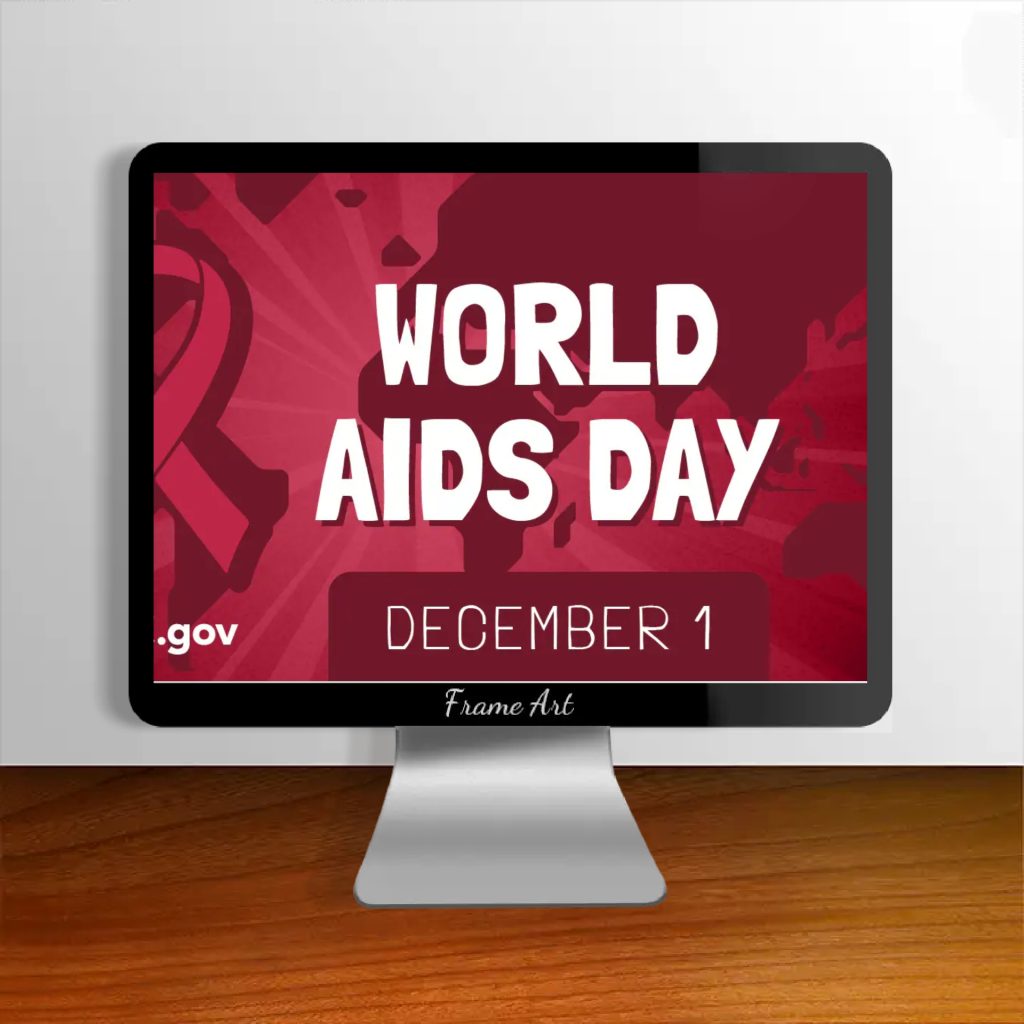
AIDS
AIDS is the late stage of HIV infection that occurs when the body’s immune system is badly damaged because of the virus.
HIV
HIV (human immunodeficiency virus) is a virus that attacks cells that help the body fight infection, making a person more vulnerable to other infections and diseases. It is spread by contact with certain bodily fluids of a person with HIV, most commonly during unprotected sex (sex without a condom or HIV medicine to prevent or treat HIV), or through sharing injection drug equipment.
If left untreated, HIV can lead to the disease AIDS (acquired immunodeficiency syndrome).
HIV remains a major global public health issue, having claimed an estimated 42.3 million lives to date. Transmission is ongoing in all countries globally.
There were an estimated 39.9 million people living with HIV at the end of 2023, 65% of whom are in the WHO African Region.
In 2023, an estimated 630 000 people died from HIV-related causes and an estimated 1.3 million people acquired HIV.
There is no cure for HIV infection. However, with access to effective HIV prevention, diagnosis, treatment and care, including for opportunistic infections, HIV infection has become a manageable chronic health condition, enabling people living with HIV to lead long and healthy lives.
An estimated 1.3 million people acquired HIV in 2023
In 2023, an estimated 39.9 million people were living with HIV globally
Approximately 630 000 people died from HIV‑related causes in 2023
Preventive measures
Protection during sex: To reduce the risk of getting HIV, use condoms correctly every time you have sex.
Do not inject drugs. If you do, use only sterile injection equipment and water, and never share your equipment with others.
Protect yourself by taking PrEP: If you do not have HIV, but are at risk of getting HIV, talk to your health care provider about pre-exposure prophylaxis (PrEP). PrEP involves taking a specific HIV medicine every day or an injectable HIV medicine every two months to reduce the risk of getting HIV through sex or injection drug use.
Protect others if you have HIV: Take HIV medicine (called antiretroviral therapy or ART) as prescribed by your doctor. ART can reduce the amount of HIV in the blood (called viral load) to the point where a test cannot detect it (called an undetectable viral load). If you have an undetectable viral load, you will not transmit HIV to your partner through sex.
Prevent perinatal transmission: If you have HIV and take HIV medicine as prescribed by your doctor throughout pregnancy and childbirth, the chances of transmitting HIV to your baby are less than 1%. If you have a partner with HIV and are considering getting pregnant, talk to your doctor about PrEP to help protect you and your baby from getting HIV while you try to get pregnant, during pregnancy, or while breastfeeding.
How is HIV transmitted?
The person-to-person spread of human immunodeficiency virus (HIV) is called HIV transmission. People can get or transmit HIV only through specific activities, such as sex or injection drug use. HIV can be transmitted only in certain body fluids from a person who has HIV. Bodily fluids that can transmit HIV include blood, semen (“cum”), pre-seminal fluids (“pre-cum”), rectal fluids, vaginal fluids, and breast milk.
HIV transmission is only possible if these fluids come in contact with a mucous membrane, open cuts or sores, or are directly injected into the bloodstream (from a contaminated needle or syringe). Mucous membranes are found inside the rectum, the vagina, the opening of the penis, and the mouth. (Culled from WHO sources)